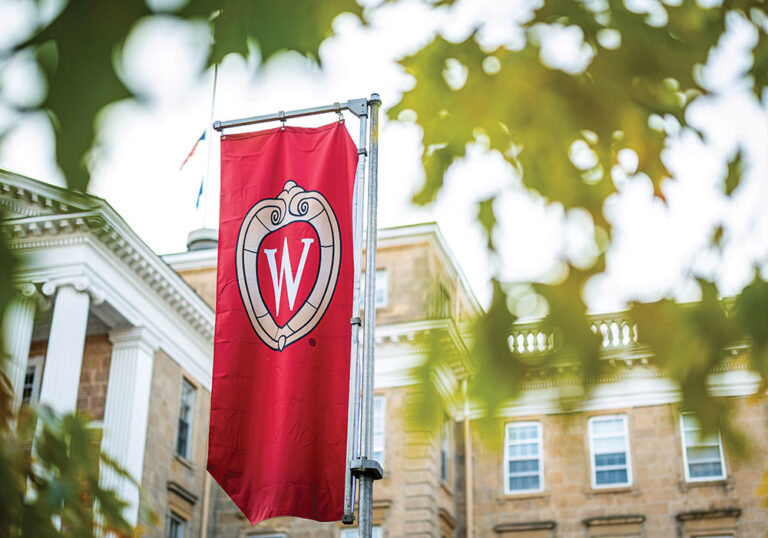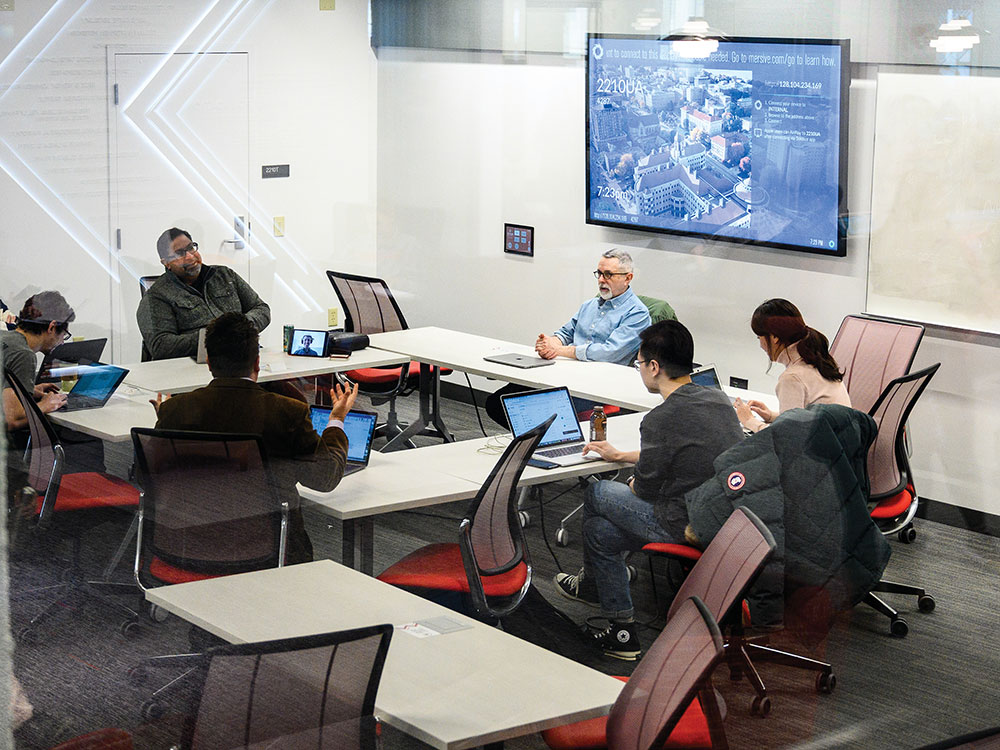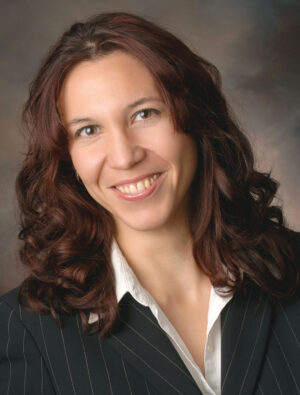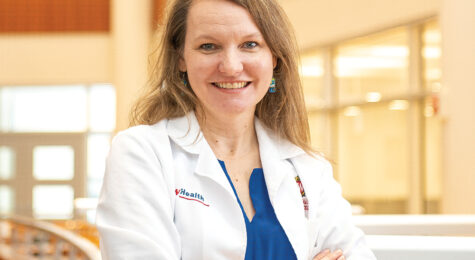Wisconsin Students Launch Businesses in Their Dorm Rooms
Inside UW-Madison’s Sellery Hall, you’ll find 64 entrepreneurs who live, work and dream together.

The startup scene boomed during the COVID-19 pandemic in Wisconsin and across the country, a trend no less true for some students in the humbly sized college dorm rooms of Sellery Hall at the University of Wisconsin-Madison.
There, 64 people are part of the StartUp Learning Community, a residential building created for students interested in innovation and entrepreneurship in Madison and around the world.
The community hosts monthly community dinners, brings in guest speakers and offers training opportunities. Some founders have taken students on tours of their companies. A three-credit introductory seminar, taught by Professor John Surdyk, is available in the fall. Students also take a one-credit class in the spring called social entrepreneurship.
Program manager Sari Ratner Judge says the goal is to build confidence and create connections between students and the entrepreneurial world.
“They have met a lot of people by the time they’re done with the startup program. They’ll know who it is they need to connect with their sophomore, junior and senior year, if they want to continue down the entrepreneurial path,” Judge says.

You Live, You Learn
Josalin Kumm is studying industrial and systems engineering with certificates in entrepreneurship and leadership.
As a high school senior going into college, Kumm says she resonated with the Startup Learning Community mission to learn, take risks and grow in a safe environment – with university support and resources, all of which she describes as a “quintessential part of college.”
And Kumm did just that with the Dream Big Grant, which provides up to $1,000 in funding for students to research and bring their business ideas to scale. Recipients of the grant are expected to pitch an idea, work on a business plan and get their idea off the ground.
“The opportunity to have your own business, try something, do door-to-door sales, face rejection, all that great stuff that everyone tells you should do when you’re young – we actually got to experience that in a very condensed form.”
Josalin Kumm, student
She and others on her floor created a T-shirt business called Rona Tees as freshmen during the pandemic. Kumm says she focused on back-end operations like purchasing the T-shirts and working with suppliers and sales.
The grant is not competitive. Applications are evaluated on a rolling basis with the flexibility to fund nearly any quality idea, with money provided by the Wisconsin School of Business.
She learned about how supply chain issues affect business costs in class, she says, but the experience taught her something else: “Failure is OK.”
“Like most startups, we did struggle to make sales and really drive our revenue,” she says, noting it may have been because of market trends during the pandemic.
Friends Who Are Founders
Despite starting college at a time when classes were online and in-person interaction was limited, Kumm enjoyed her time so much she decided to stay on as a housing fellow for the next two years.
“I really love to hear about people’s entrepreneurial ventures as well as their personal growth and other areas of interest,” she says, adding that mentoring students is her favorite part of the job.
UW-Madison is home to some 35,000 undergraduate students, something Kumm says can be overwhelming for some who may face challenges building strong connections at such a large campus.
“I think community is really important to who we are as human beings. And I think everyone at the end of the day wants to be supported and felt like they’re heard,” Kumm says.
Freshman June Lee agrees. He says the community has helped him acclimate to the college environment, especially given the social and professional learning opportunities to meet students with similar ambitions. Lee is currently applying for the Dream Big Grant to get his teaware brand off the ground.
Lee says sometimes conversation around startups skews negative, but the learning community has opened the door for more forward-looking discussion.
Overall, it’s taught him to “search for the opportunities that are at your fingertips but you sometimes tend to miss.”
Meet the Packers Mentor-Protégé Program
The Green Bay Packers are more than a world-famous pro football team. Since 2010, the organization also funds the Packers Mentor-Protégé Program, which pairs emerging Wisconsin small businesses (proteges) with established companies (mentors) that can guide the young business owners to higher levels of growth.
Green Bay-based AFF Research LLC runs the program for the Packers. Anna Steinfest is president/CEO at AFF Research.

Anna Steinfest
How is a small business owner chosen for the Mentor-Protégé Program?
A business owner fills out an online application. Then, he/she meets with a mentor in the same industry. Afterward, the program’s board gets together to approve the match.
Is the program targeted to any applicant?
Anyone can apply, although the program focuses largely on connecting with businesses owned by minorities, women, veterans, service-disabled veterans or disabled persons. To date, 88% of the protégé companies that completed the program are owned by minorities, women and veterans.
How long is the program, and is there a fee?
Mentors and proteges meet monthly for 12 months, and the program is free. This is a way that the Packers give back to the community, and 128 proteges have been helped so far in the 13-year history.
Can you give a recent Madison-based success story?
A Madison company called Bravebird participated in the program, and it now enjoys success as a female-owned production company [which strives to depict Native and diverse stories with dignity]. In addition, one of the program’s board members – Mark Webster – was recognized in 2022 as the Most Valuable Mentor of the 2021 cohort.
– Staff writer Kevin Litwin contributed to this article.
Get to Know the Madison Region
Want to learn more about living and working in the Madison Region of Wisconsin? Check out the latest edition of Livability Madison Region Economic Development.



